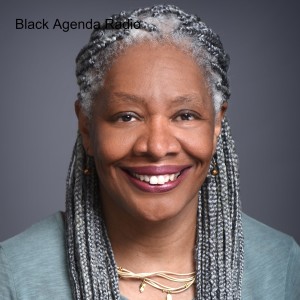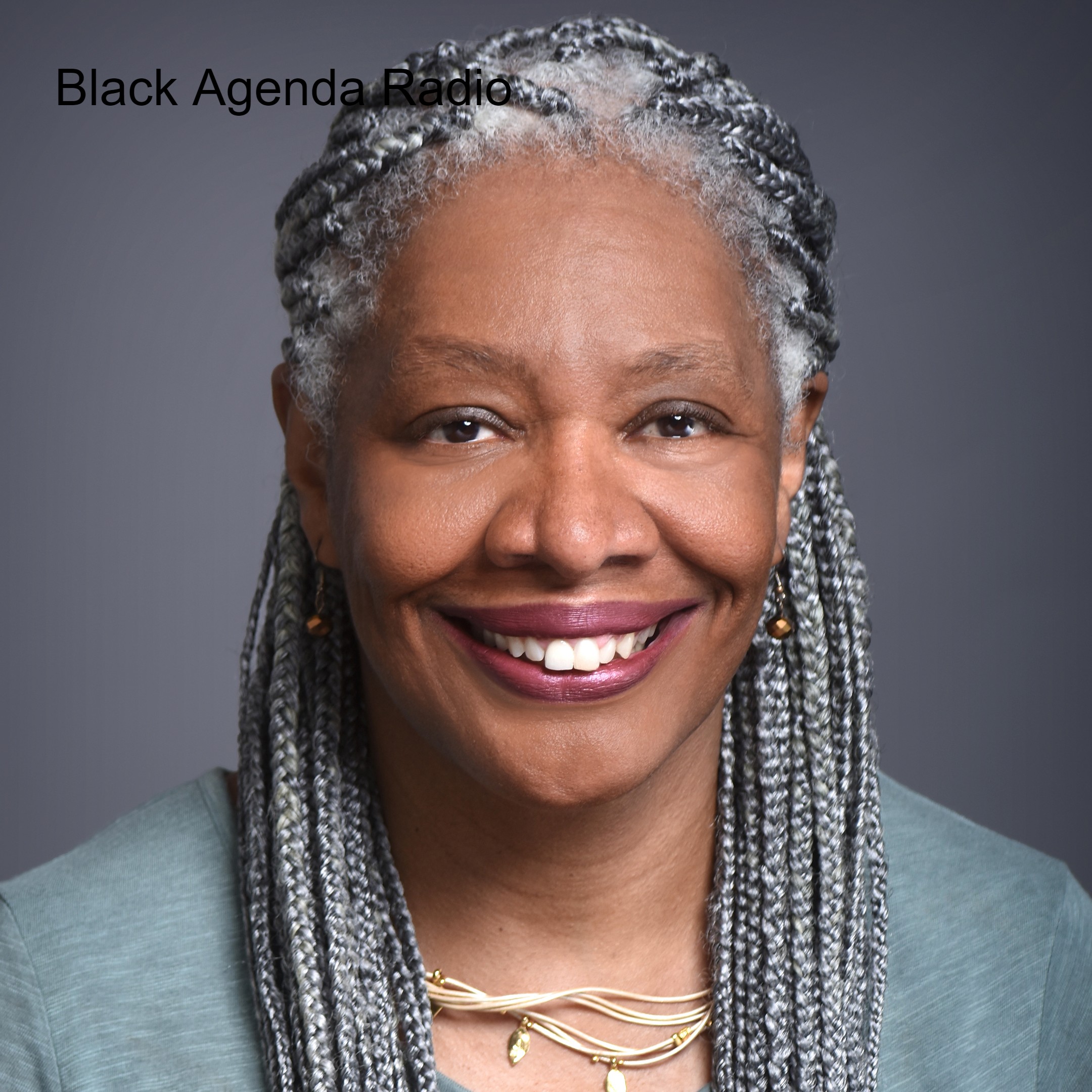Episodes

Monday Jun 01, 2020
Black Agenda Radio - 06.01.20
Monday Jun 01, 2020
Monday Jun 01, 2020
Welcome to the radio magazine that brings you news, commentary and analysis from a Black Left perspective. I’m Margaret Kimberley, along with my co-host Glen Ford. Coming up: The civil rights movement was not totally non-violent, certainly not in bloody Mississippi. An imprisoned former Black Panther battles Covid-19. And, Black women’s rights to control their own bodies are still under assault, a century and half after slavery.
But first – It’s feeling much like the 1960s in America, with protests and clashes with police in scores of cities in the wake of the police killing of George Floyd, in Minneapolis. One of those protests, in Newark, New Jersey, was led by Larry Hamm, chairman of the Peoples Organization for Progress. Larry Hamm is also running for the U.S. Senate seat currently held by Cory Booker. Hamm has been endorsed by Dr. Cornel West, the activist and public intellectual.
The U.S. civil rights movement may have been led by proponents of non-violence, but Black folks in Mississippi believed in defending themselves from racist attack. Akinyele Umoja is a professor of African American Studies at Georgia State University, and author of the book, "We Will Shoot Back: Armed Resistance and the Mississippi Freedom Movement.” In fact, he says most Black families in rural areas of the South owned guns.
Jalil Muntaqim is a former member of the Black Panther Party and the Black Liberation Army. Muntaqim has been behind bars for almost half a century, repeatedly denied parole. Now he’s battling Covid-19 in a New York prison hospital. For the latest on Muntaqim’s condition, we spoke with Jihad Abdulmumit, chair of the Jericho Movement
Slavery may have been abolished more than a century ago, but Black women still battle for the right to full ownership of their own bodies. Jill Morrison is director of the Women’s Law and Public Policy Fellowship at Georgetown University, where she is a law professor. Morrison has written an article titled "Resuscitating the Black Body: Reproductive Justice as Resistance to the State’s Property Interest in Black Women’s Reproductive Capacity."


No comments yet. Be the first to say something!